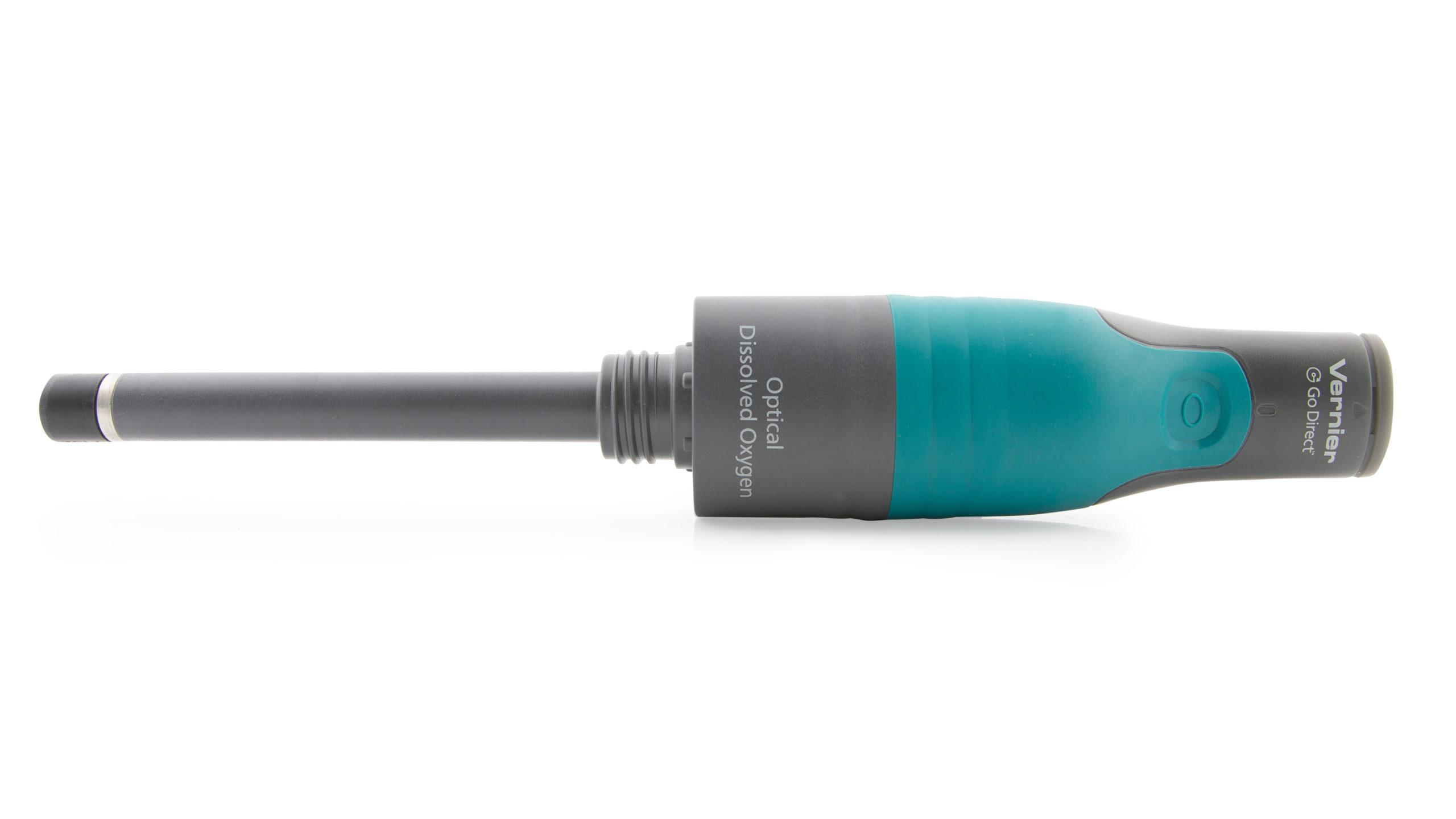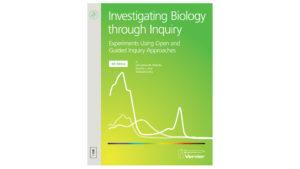Investigating Dissolved Oxygen
Experiment #16 from Investigating Biology through Inquiry
- Subject
- Biology
Introduction
Dissolved oxygen is one of the primary indicators of the quality of an aquatic environment. Oxygen enters water from the surrounding air, as a product of photosynthesis, and as a result of rapid movement of water. A Dissolved Oxygen Probe can be used in a wide variety of tests or investigations to determine dissolved oxygen concentrations (DO) and changes in dissolved oxygen concentrations.
Objectives
In this Preliminary Activity, you will gain experience using a Dissolved Oxygen Probe as you determine the DO level of a water sample provided by your teacher.
After completing the Preliminary Activity, you will first use reference sources to find out more about dissolved oxygen issues in the environment before you choose and investigate a researchable question dealing with dissolved oxygen. Some topics to consider in your reference search are:
- water pollution
- eutrophication
- thermal pollution
- photosynthesis
- cellular respiration
Sensors and Equipment
This experiment features the following sensors and equipment. Additional equipment may be required.
Option 2

Correlations
Teaching to an educational standard? This experiment supports the standards below.
- International Baccalaureate (IB) 2025/Biology
- A1.1.6—Physical properties of water and the consequences for animals in aquatic habitats
Ready to Experiment?
Ask an Expert
Get answers to your questions about how to teach this experiment with our support team.
- Call toll-free: 888-837-6437
- Chat with Us
- Email support@vernier.com
Purchase the Lab Book
This experiment is #16 of Investigating Biology through Inquiry. The experiment in the book includes student instructions as well as instructor information for set up, helpful hints, and sample graphs and data.


